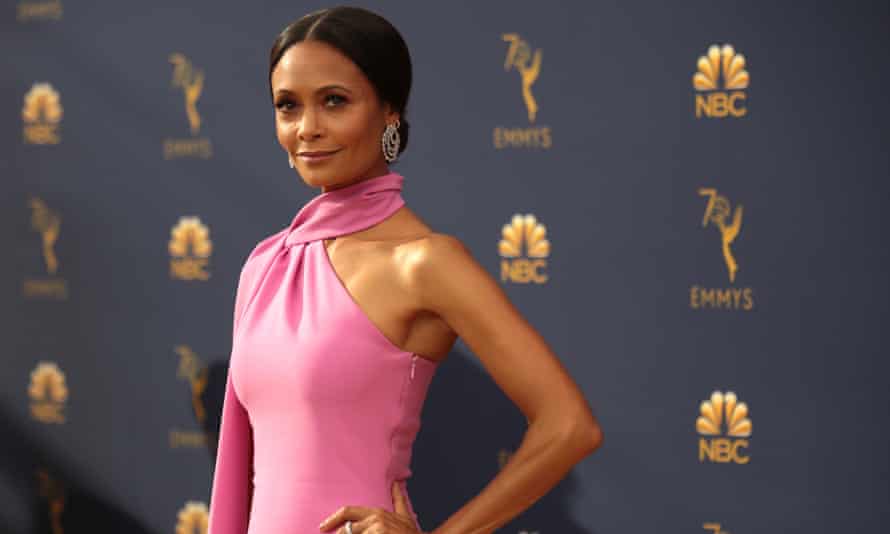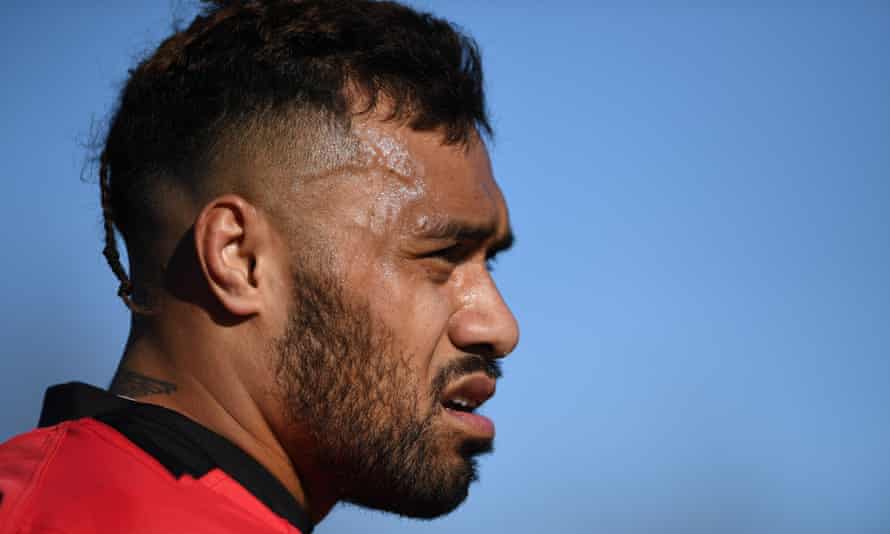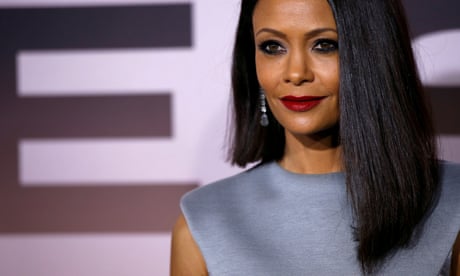Source: ‘My full name is Tanyaradzwa’: the stars reclaiming their names | Race | The Guardian
Thandiwe Newton’s much-lauded decision has inspired others and drawn attention to the power of names

When the director of her earliest film asked Thandiwe Newton if they could use her “authentic and beautiful” first name for her character, the young actor felt flattered and agreed.
They later dropped the “w” from her acting credit without proper consultation, using her anglicised “nickname” to differentiate her from the character, and she thus became established professionally as “Thandie” for the next three decades.
But decades on and in greater control of her work and public profile, Newton felt it was important to professionally restore her name. This week, the Emmy-winning actor received praise and admiration when she declared that, after 30 years, her name would be credited in all future projects with its original Zulu-derived spelling.
“That’s my name. It’s always been my name. I’m taking back what’s mine,” she said.

Her stand prompted a conversation about the power of names and has inspired others to reclaim theirs. The actor previously known as Tanya Fear tweeted: “My full name is Tanyaradzwa~ which means ‘we have been comforted’, I was named this because I was born the year my grandfather died.”
Over the years, others have publicly restored their birth names after reaching a certain stage of their careers. In 2017, the Tonga-born rugby player Taulupe Faletau, who grew up in Wales with the nickname Toby after school friends struggled to pronounce his name, requested that his squad name be recorded accurately.
He told the BBC: “Since my first cap it’s been ‘Toby Faletau’ and ‘Toby’ is not really anything to do with me, it’s just a name I kind of made up. So I just wanted ‘Taulupe’ on my jersey, because it’s my name.”
Another player, who went by Willis Halaholo, recently changed his name on the Wales team-sheet for the Six Nations to Uilisi Halaholo in recognition of his full name, Sean Alfred Uilisi Halaholo.
He told the Cardiff Blues Podcast: “I know the international games are seen worldwide, so I just wanted to pay respect to my family and my Tongan heritage, using my name properly.”

Earlier this year, the BBC presenter formerly known as Ben Bland change his surname to Boulos to celebrate his maternal Sudanese-Egyptian heritage, as well as distinguishing himself from another journalist of the same name.
The Bland name had masked important aspects of his identity that he had downplayed as a child, not wanting to be seen as in any way “different”, including his Coptic faith, Boulos said. “Every name tells a story – and I want mine to give a more complete picture of who I am.”
Boulos’s grandparents, who came to Britain in the 1920s, had chosen the surname Bland because they feared using the Jewish-Germanic family name “Blumenthal”. “They decided on the blandest name possible – literally – to ensure their survival,” he wrote.
Names are important and they have meaning, said the cultural historian and campaigner Patrick Vernon, whether that is familial significance or the time or day someone was born, for example. “The fact that people still feel they have to change or anglicise their names, and water down their heritage to fit in or succeed within the dominant culture, says we’ve still got a long way to go.”
He said people made a conscious effort to learn the names of those in positions of power but did not apply this enough in day-to-day life. “If you’re a prime minister or a royal, that’s your name, people have to respect it. That should apply to all of us.”

People changing their name to reclaim identities was nothing new, Vernon added. At the height of the black power movement in the 1960s, many made a political statement by rejecting European names.
“Reclaiming names is about power,” said Hakim Adi, a professor of African history, highlighting that during the period of slavery, names were taken away to dehumanise people. “With that comes a long history of people rejecting their Christian names, such as Muhammad Ali,” Adi said.
The popularity of the book and show Roots also influenced many in the 1970s to research their family histories and trace their lineage back to the African continent, Vernon said. “Through that process, they’ve then been adopted by a tribe or changed their name as part of the impact of remaking that connection to their mother country.”
The artistic director of the Young Vic theatre, Kwame Kwei-Armah, chose an ancestral name for himself at the age of 19 after researching his ancestry. Born Ian Roberts in London, he was influenced by Roots and the autobiography of Malcolm X to trace his family history through the slave trade back to Ghana.
“I decided I could no longer carry the name of someone who once owned my family,” he wrote.
Reclaiming a name was an act of resistance, said the educationalist Pranav Patel, but the responsibility should ultimately lie with people to ask others how they would like to be addressed.
Schools had a key role to play in building safe environments for this to happen, Patel said, and teachers must consciously build a culture of value and belonging by taking the time to learn names.
“If teachers don’t offer that validation, children feel they have to acquiesce and assimilate to make others comfortable, and that becomes the norm,” he said. “So when you ask someone how to say or spell their name, it has an impact. It says to them: your name matters, you matter. It’s simple.”
COMMENTS